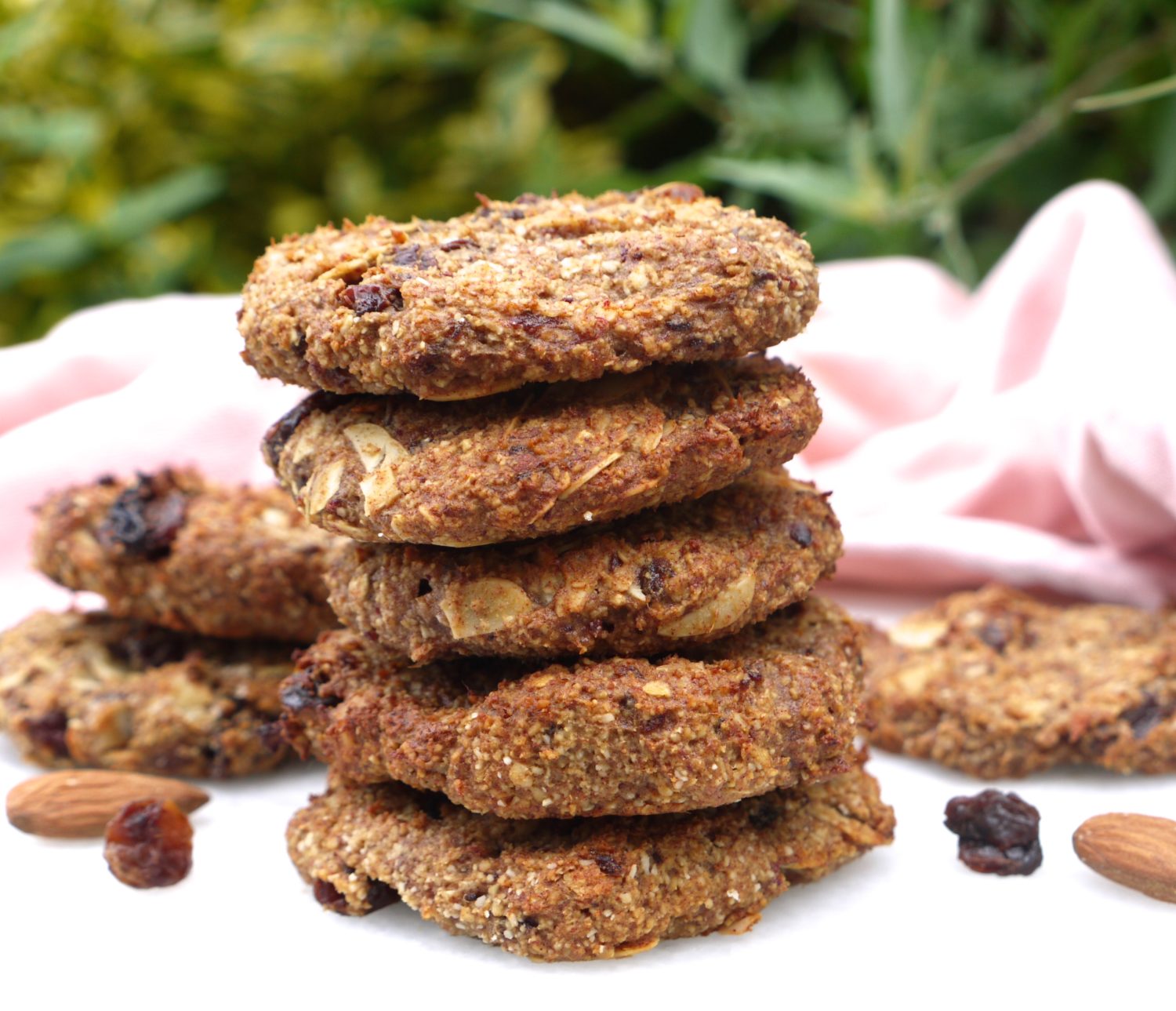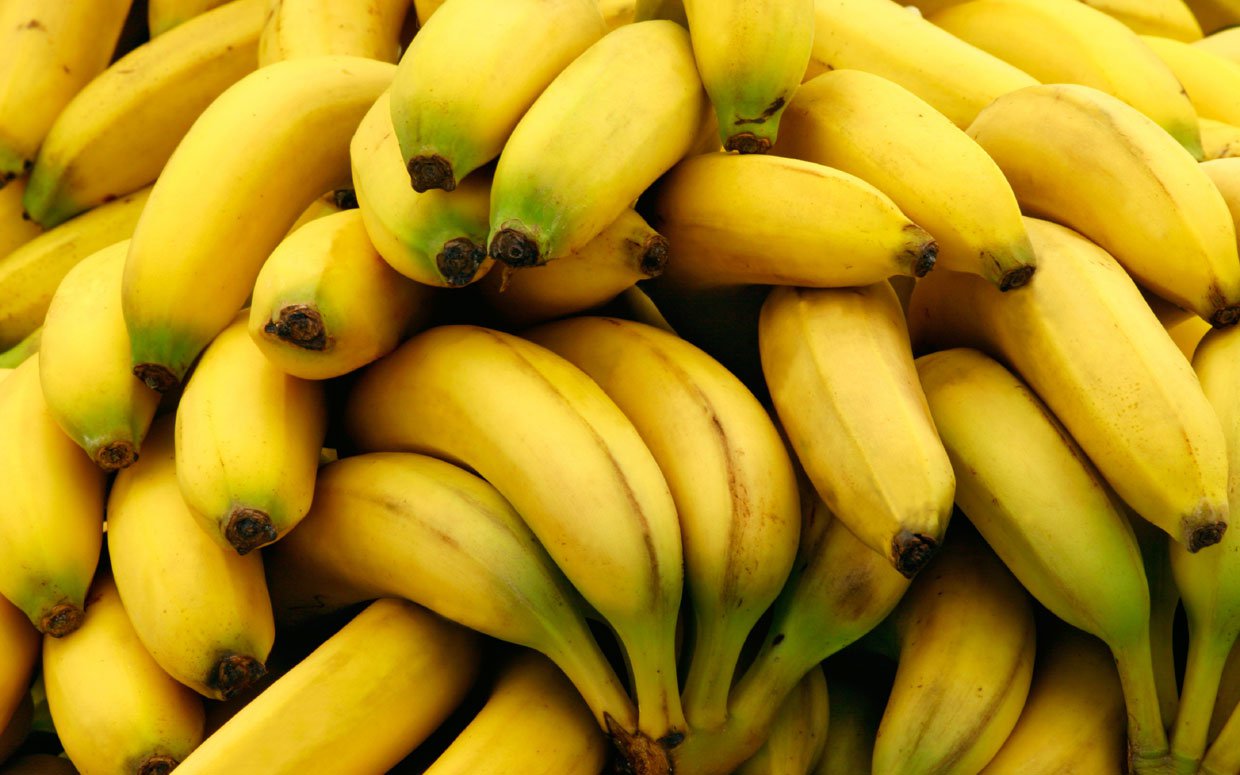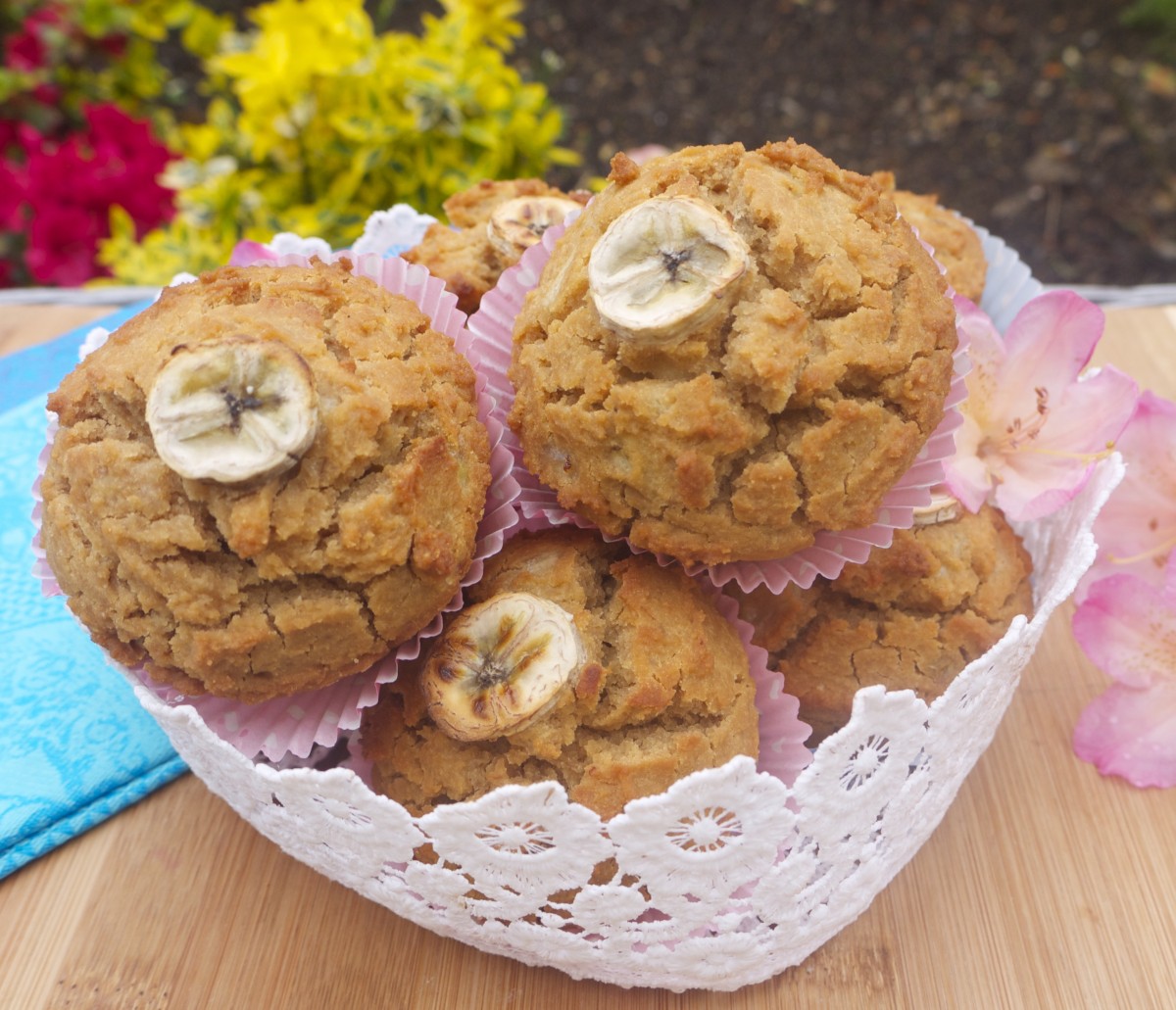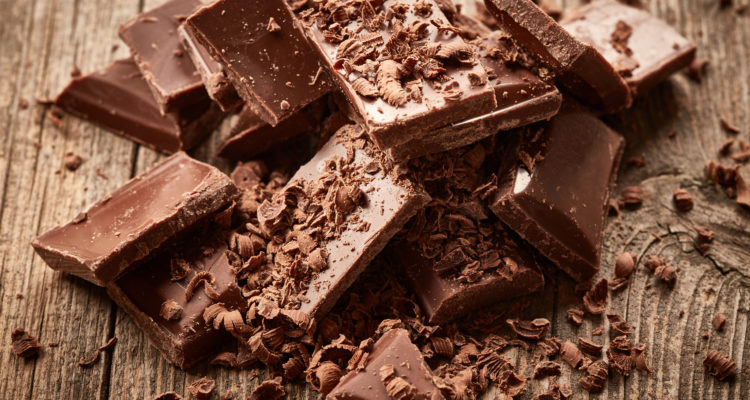

Why? Cacao is considered one of the richest food sources of magnesium. This essential mineral is known as nature’s sedating nutrient for good reason, as it helps to calm a stressed-out nervous system, relax your muscles, regulate blood pressure, heart rate and blood sugar levels, maintain nerve function and ease PMS.
Everybody benefits from a magnesium-rich diet, but magnesium levels fluctuate throughout a woman’s cycle, with higher levels of oestrogen or progesterone leading to lowered magnesium levels. A magnesium-rich diet can help relieve PMS-related symptoms, such as headaches, bloating, low blood sugar, dizziness, fluid retention and sugar cravings.
It’s the chocolate in its raw and unprocessed form that helps the most. The raw cacao powder that I use to create many of my desserts and sweet treats is loaded with essential minerals including calcium, sulphur, zinc, iron, copper, potassium, and manganese. It’s also bursting with antioxidant flavonoids to protect your cells from damage, a range of the B vitamins, protein and fibre.
Apart from cacao, good food sources of magnesium include kale, spinach, almonds, cashews, avocado, sunflower seeds, pumpkin seeds and buckwheat.

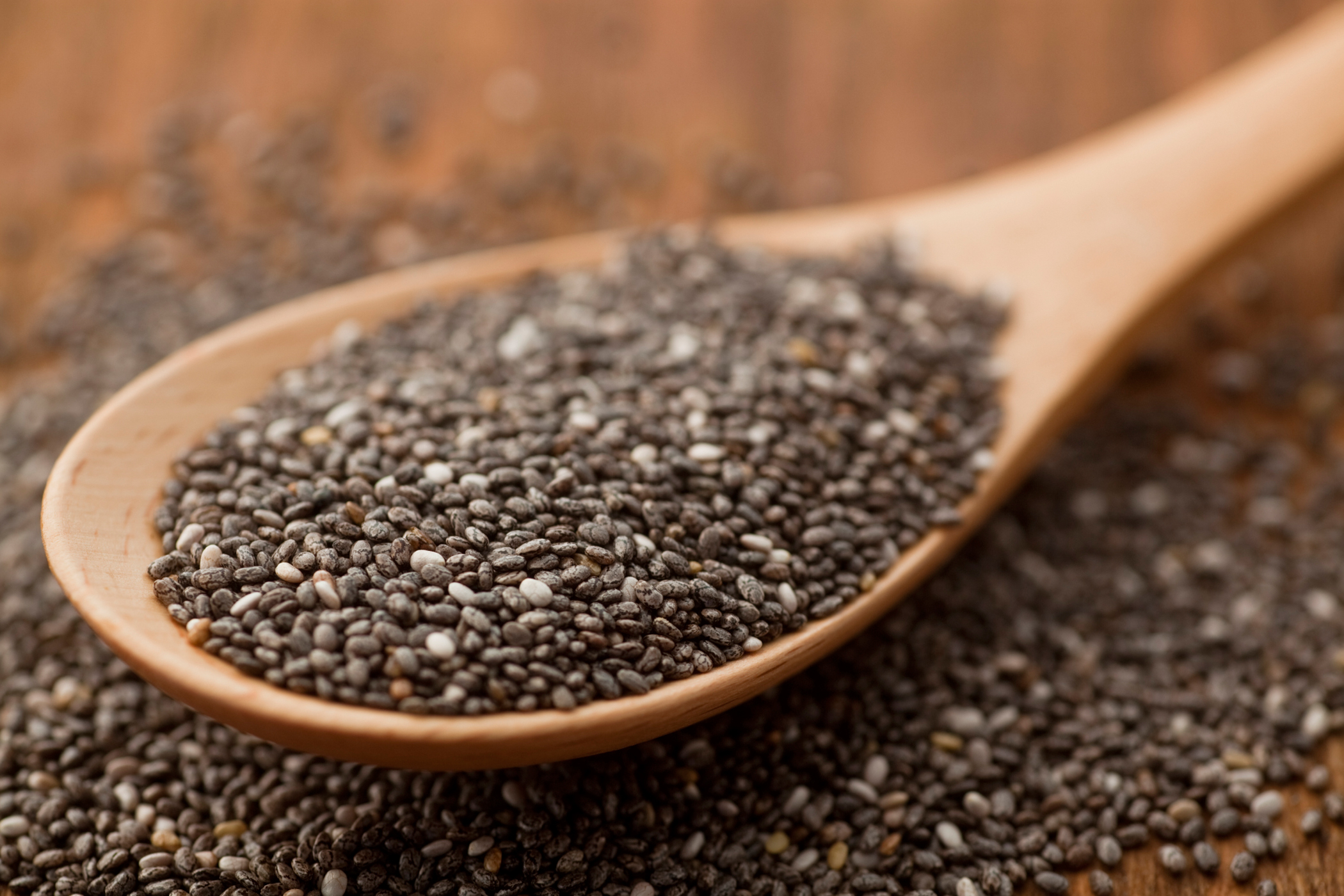
Why? Increasing your dietary intake of omega-3 fats may be effective in reducing PMS symptoms.According to the peer-reviewed journal, Complementary Therapies in Medicine, omega-3 fats help to reduce feelings of depression, nervousness, anxiety, and lack of concentration, plus bloating, headache and breast tenderness as they have powerful anti-inflammatory properties.
Good dietary sources of omega-3 include walnuts, chia, hemp and flaxseed, oily fish, chlorella and spirulina.
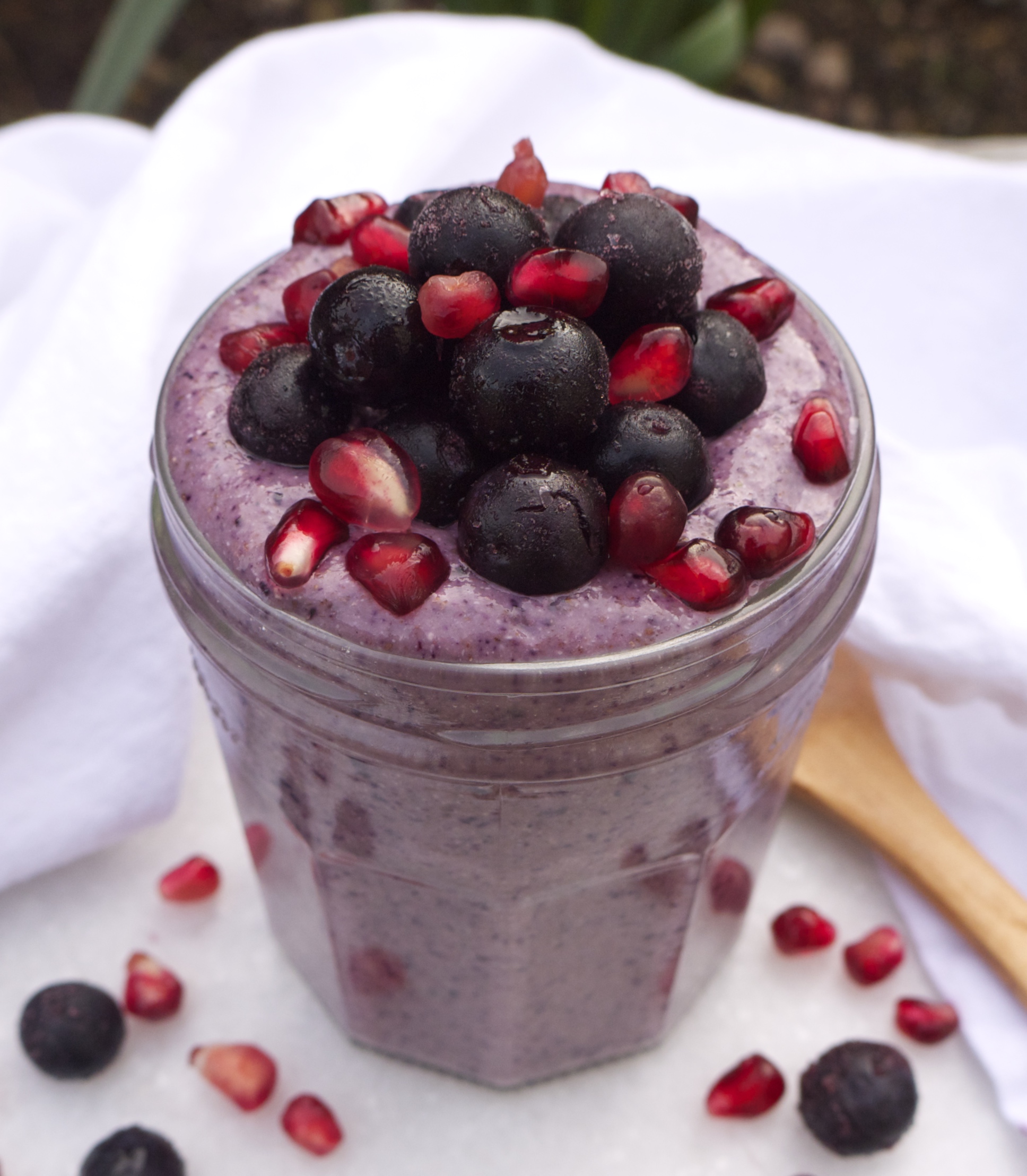
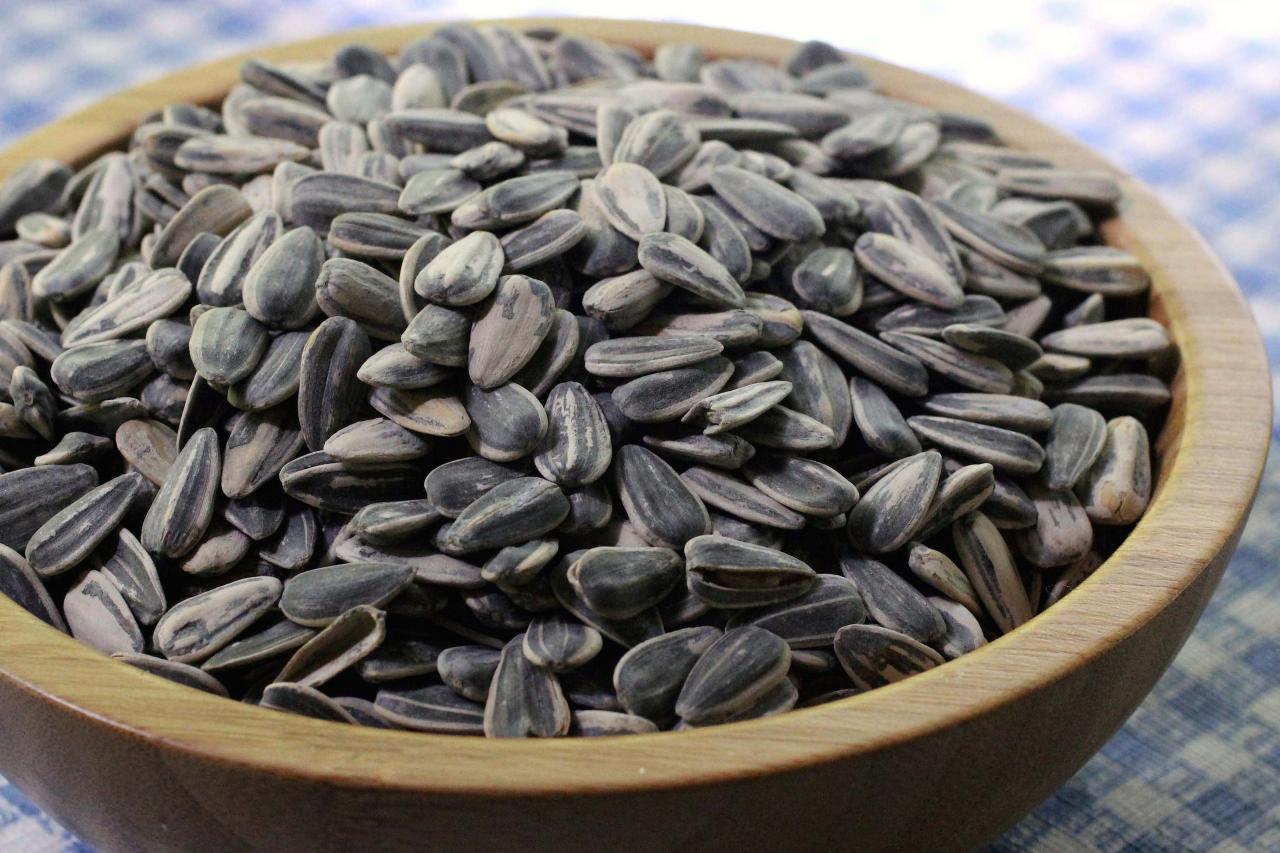
Why? B vitamins including thiamine (B1), riboflavin (B2), B3, B5, B6 and folic acid, are in a large range of foods, such as veggies, oats, quinoa, nuts, seeds, lentils and beans. They’re essential for so many biochemical reactions in your body, including energy production. As a water-soluble vitamin, you must eat enough in your food each day, and real food is always a better idea than taking supplements.
Sunflower seeds are rich in vitamin B1,which is needed to create a neurotransmitter called gamma-amino butyric acid (GABA), and low levels of GABA are associated with anxiety. Therefore, it helps to encourage a calmer, happier mood.
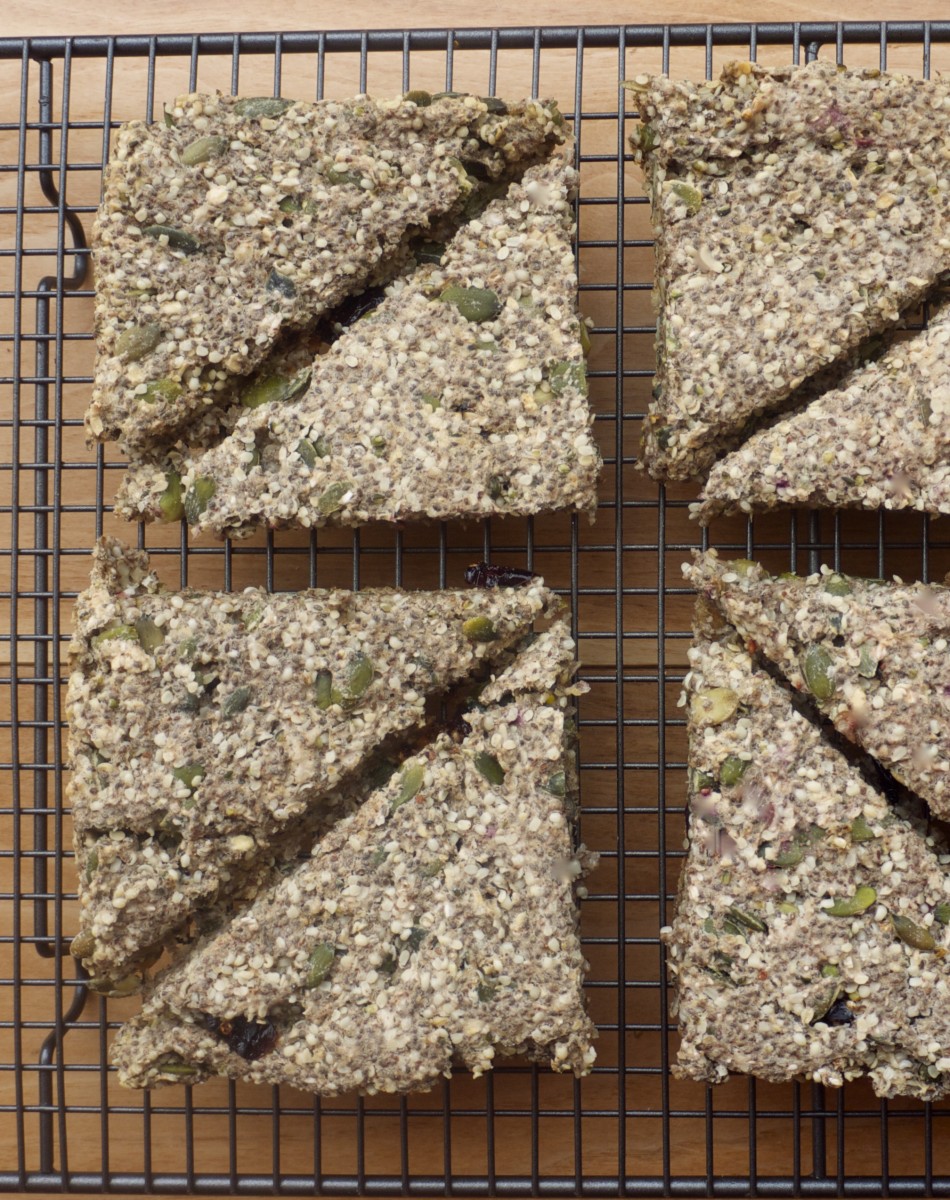
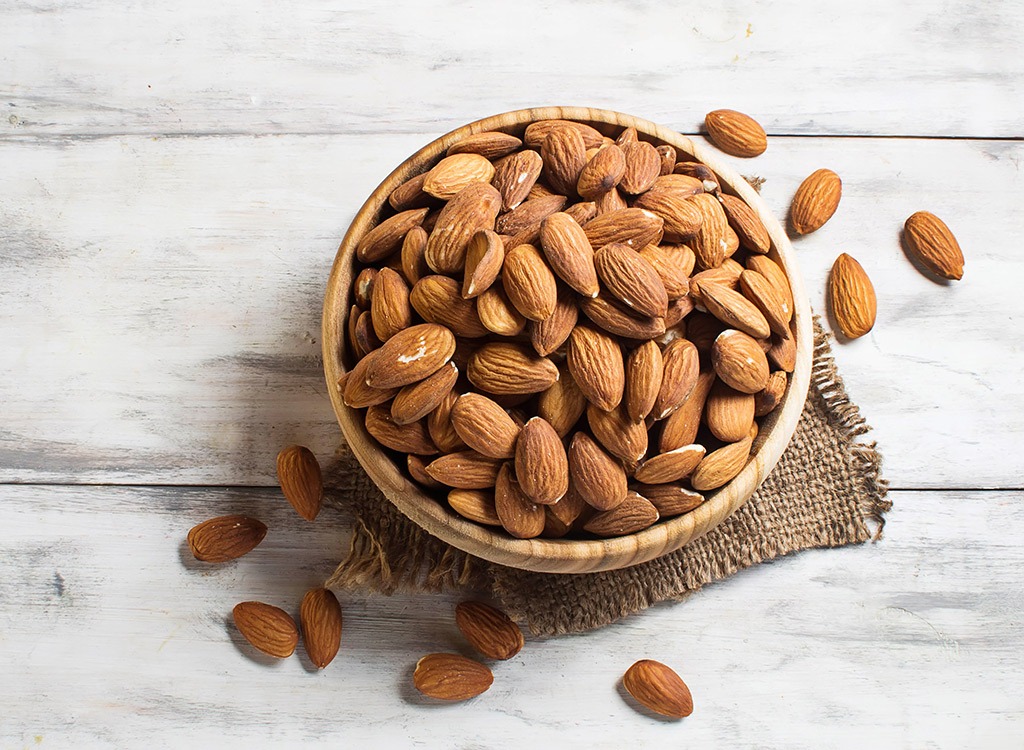
Why? Vitamin B2 is thought to help ease PMS, because according to a US study published in the online edition of The American Journal of Clinical Nutrition, women with higher intakes of them in their diet had far less PMS symptoms.
B vitamins can prevent PMS by helping to synthesise brain neurotransmitters and almonds are a good source of vitamin B2. B2 is necessary to activate vitamin B6, which is a co-factor in creating serotonin. Known as your feel-good, ‘happy hormone’, serotonin helps to boost feelings of confidence and containment, and lower cravings for starchy, carb-loaded foods.
